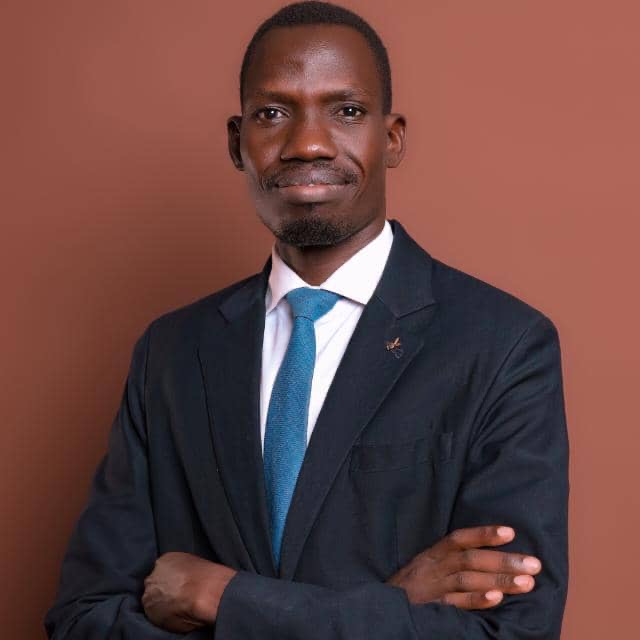
By Omecha Manelik
Ugandan politics today has increasingly shifted from being a contest of ideas and leadership to a battlefield of money. The ability to win an election is no longer measured by one’s vision, integrity, or leadership capacity, but by the depth of one’s pockets. The recent Central Executive Committee (CEC) elections of the ruling National Resistance Movement (NRM) shocked many elites and ordinary citizens alike, as they clearly revealed the extent to which politics has been monetized, leaving the playing field heavily tilted in Favor of the wealthy.
In regions such as Teso, where a significant portion of the population lives below the poverty line, the dream of rising into leadership has become a near impossibility for children from humble backgrounds. The electoral process has turned into a transactional exercise, where votes are openly bought sometimes for as little as 5,000 or 10,000 shillings, or for material incentives or alcohol. In some villages, families are forced to contribute goats, cows, or even sell a portion of their harvest to raise campaign funds for a relative seeking office. This heavy financial burden discourages many aspiring leaders, especially the youth, from participating in politics.
The result is a system where only the wealthy can compete favourably. Those without the means to “oil the system” face humiliation, frustration, and eventual disillusionment. The recent NRM CEC elections exemplified this reality votes were traded in Kololo like commodities, with every delegate expecting a direct financial reward before pledging support. Every NRM delegate knows of money exchanging hands during internal party elections, turning what should have been a democratic exercise into an auction.
This culture of transactional politics is dangerous. It erodes the very foundation of democracy by ensuring that leaders are not chosen for their wisdom, experience, or integrity, but rather for their financial muscle. Leaders who buy their way into power often focus on recovering their investments once elected, rather than serving the public good. Meanwhile, the poor majority who form the backbone of Uganda’s population are sidelined, their voices drowned out by the dictates of money.
If left unchecked, this cycle perpetuates inequality and political exclusion. Delegates and voters become commodities whose importance ends at lining at the back or the ballot box. The very essence of representation is lost when leaders are accountable not to the people, but to the money they spent to get there and their funders.
It is therefore imperative that Uganda, and particularly the ruling NRM, rethink the dangerous path of monetized politics. We must reform our systems to emphasize merit, integrity, and service to the public interest over financial influence. Mechanisms such as transparent campaign financing regulations, civic education, and strong enforcement of electoral laws must be prioritized.
Uganda stands at a crossroads. If we allow money to remain the currency of politics, our democracy risks being reduced to a façade, serving the rich while excluding the poor. But if we reform now, we can restore hope, create space for genuine leaders including young people and ensure that politics once again becomes about vision, wisdom, and service to the people.
(Omecha Menelik)
Writer is A political Analyst, Panafricanist and Patriot.
frankjonahomecha@gmail.com